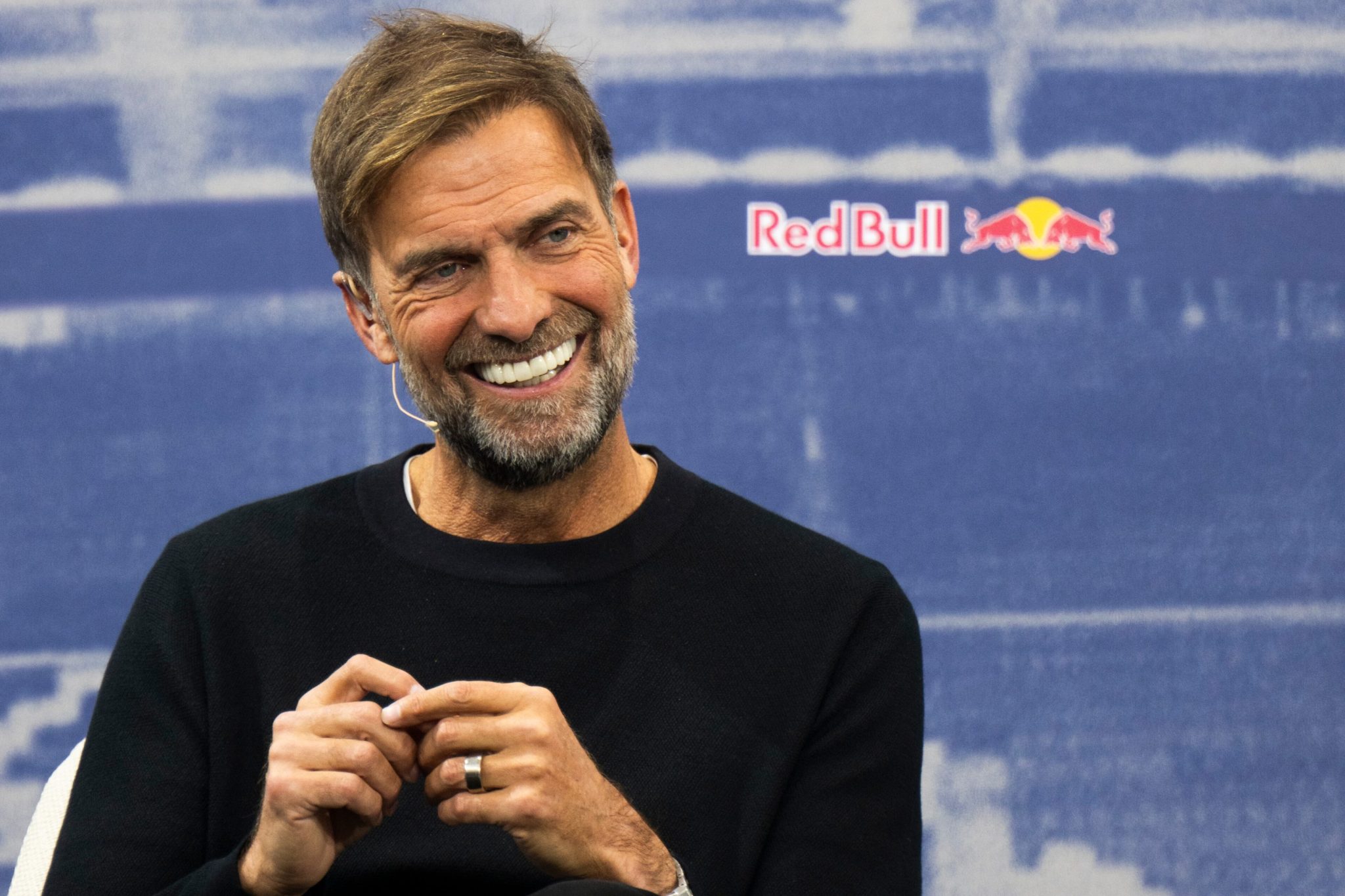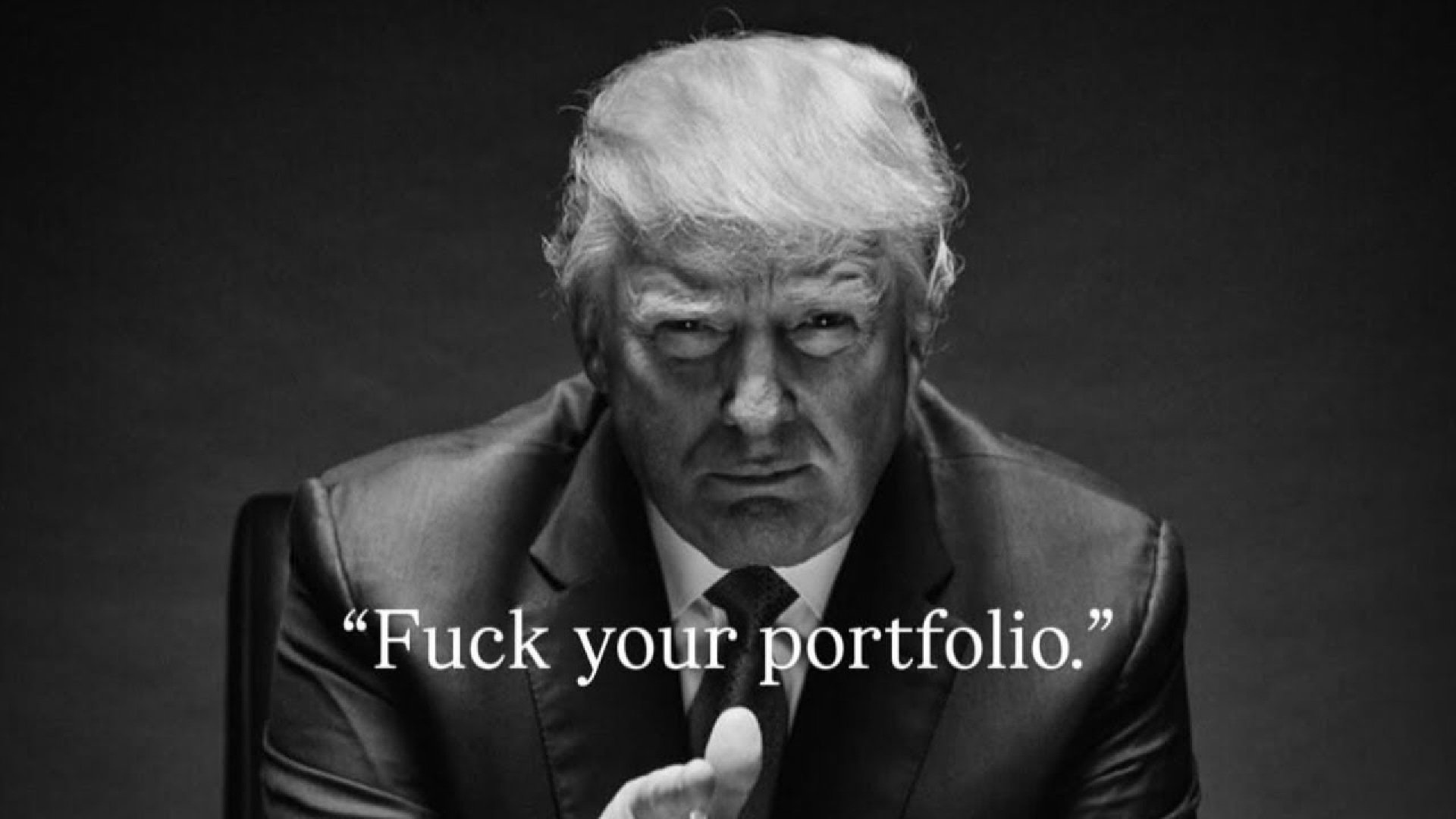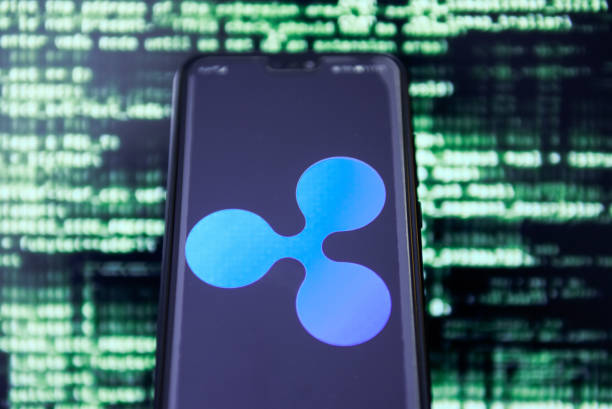‘He was very proud, but never said it’: One of the greatest soccer managers alive on how his dad motivated him to work harder


The extraordinary success achieved by some of the world’s greatest leaders often traces back to formative, and sometimes complicated, childhood environments. For Jurgen Klopp, one of the most celebrated soccer managers of the modern era, the drive that fueled his relentless career was rooted in the silent pride and unwavering expectations of his father.
The former Borussia Dortmund and Liverpool manager announced his retirement from coaching in January 2024, taking up a new role working for the sports drink-turned soccer empire Red Bull GmbH as its Head of Global Soccer. Widely regarded as one of the greatest managers alive, his credentials include league titles in both Germany and England with the aforementioned clubs as well as a Champions League title — something like European soccer’s Super Bowl — with Liverpool. This was extra significant because Klopp helped restore Liverpool to the summit of the English game, a status the formerly dominant club had lost since the late 1980s, when Manchester United’s legendary manager Alex Ferguson swore to knock them off their “perch.” His 10-year rivalry with another modern managerial great, Manchester City’s Pep Guardiola, saw the flowering of a new Golden Age for the English Premier League.
Klopp appeared on the Diary of a CEO podcast to talk about his coaching style, why he ended up at Liverpool instead of Manchester United, and if he was really done coaching. But much of the discussion centered on the influences that made him the way he is. Reflecting on his upbringing, Klopp said his father “loved me to bits and he loved me, he was very proud but never, never said it.” This dynamic created an intense pressure that shaped the manager’s famed competitive spirit.
‘Afraid that I might not be ambitious enough’
Klopp is something of a folk hero in both England and Germany for his coaching exploits, as he has a history of dragon-slaying — he led Borussia Dortmund to an unlikely league title in 2010-11, unseating the dominant Bayern Munich, before replicating the trick later with Liverpool. In 2020, Klopp’s childhood coach Ulrich Rath told the BBC that Klopp’s father, Norbert, “had a big influence on him, he shaped him.” Nodding to Klopp’s exuberant, competitive spirit, Rath added: “When Jurgen is jumping up and down, I can see Norbert in him. But when he closes the door behind him at home, he finds peace and quiet and collects his strength. That’s his mother.”
Klopp told a similar story to Bartlett, saying his childhood home was defined by a critical mix of influences. He said he had a “very confident dad,” paired with a “very caring mom, who was “just happy that I was there.” Klopp also described his mother as “very caring” and “loved people.” His father, who was a travelling salesman and former amateur goalkeeper, carried definite expectations, Klopp added. He was “a bit afraid that I might be not ambitious enough” and wanted his son to be a sportsman, excelling in everything from football and tennis to skiing.
Klopp described being constantly challenged by his father, who was tough because “he wanted to bring the best out of me,” he said. Klopp told Bartlett his father would race him on ski slopes and in sprints, “never letting you win.” The manager admitted it “was not nice in a way” to experience this relentless competition.
The power of sheer will
This relentless pursuit of excellence, instilled by his father’s high standards, forged a foundational belief that sheer will could overcome natural talent. The manager admitted that initially he was “absolutely useless in most of the things,” and even his “teammates were better than me” at football. He realized he could only compete by being a “warrior on the pitch” from the first minute until the last — alluding to his favorite phrase for how he liked his teams to play, “like a heavy metal band.” This compensatory effort, spurred by the need to meet expectations, made him the competitive person he is today. He explained that his aggressive nature during his playing days stemmed from knowing “I’m not good enough” and trying to “squeeze everything out on from an aggressive point of view.”
The resulting character became a blend of both parental influences: the confidence and ambition from his father, and the empathy and love for people from his mother. This combination became central to his leadership philosophy. He noted that his ability to speak publicly and confidently, necessary for a leader, is “probably from him,” while his “love for people unintentionally, that’s from my mom.”
As a manager, this combination translated into a bespoke leadership style where he treated players “50% of the time completely the same, and 50% what he needs.” He stressed that effective leadership is not about what the coach wants to shout, but understanding “what they need to hear to deal with their situation.” By combining high expectations — telling his players, for example, “if you would believe as much in yourself as I do that will be a start” — with patience and support, he created an environment where players felt seen as individuals.
Sometimes, though, the two sides of Klopp’s coaching personality left hurt feelings, even broken hearts behind. Numerous beloved members of Klopp’s great Liverpool team, including Roberto Firmino, Jordan Henderson and Alex Oxlade-Chamberlain have described sudden ruptures in communications with Klopp as he ruthlessly moved them out of the club after previously showering them with support, belief and affection. In 2023, Firmino described how things changed that year as he was given no explanation as to why a new contract wasn’t forthcoming, and his playing time was shrinking. “The boss was avoiding me,” Firmino wrote in his 2023 autobiography. Still, Firmino insisted that Klopp was the best manager he ever played under.
These dynamics took a toll on Klopp as well. His departure from Liverpool shocked the soccer world at the time, as he was in the prime of his career at 56 years old, and Klopp spoke openly of the burnout that prompted his decision. Several years later, he’s loving life. He told CBS News earlier this month while visiting Red Bull’s operations in New Jersey that after a 25-year stint in coaching he was relishing stepping away from his own self-imposed standards. “We go on holiday when we want and not when we are allowed to,” he told CBS.
Klopp also described how his body gave out as soon as he wasn’t coaching full-time, almost as if the psychic toll of his heavy-metal football was manifesting physically. “I was not ill for 24 years or whatever,” he said, but after just two weeks out of the Liverpool job, he described catching a cold “like I’ve never been ill before in my life. Two weeks, couldn’t lift my head … my body needed two weeks or whatever.” Still, when pushed by Diary of a CEO host Steven Bartlett, Klopp admitted it was “theoretically possible” that he could return to coaching one day, surely setting Liverpool hearts astir.





